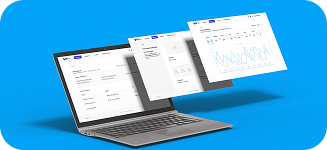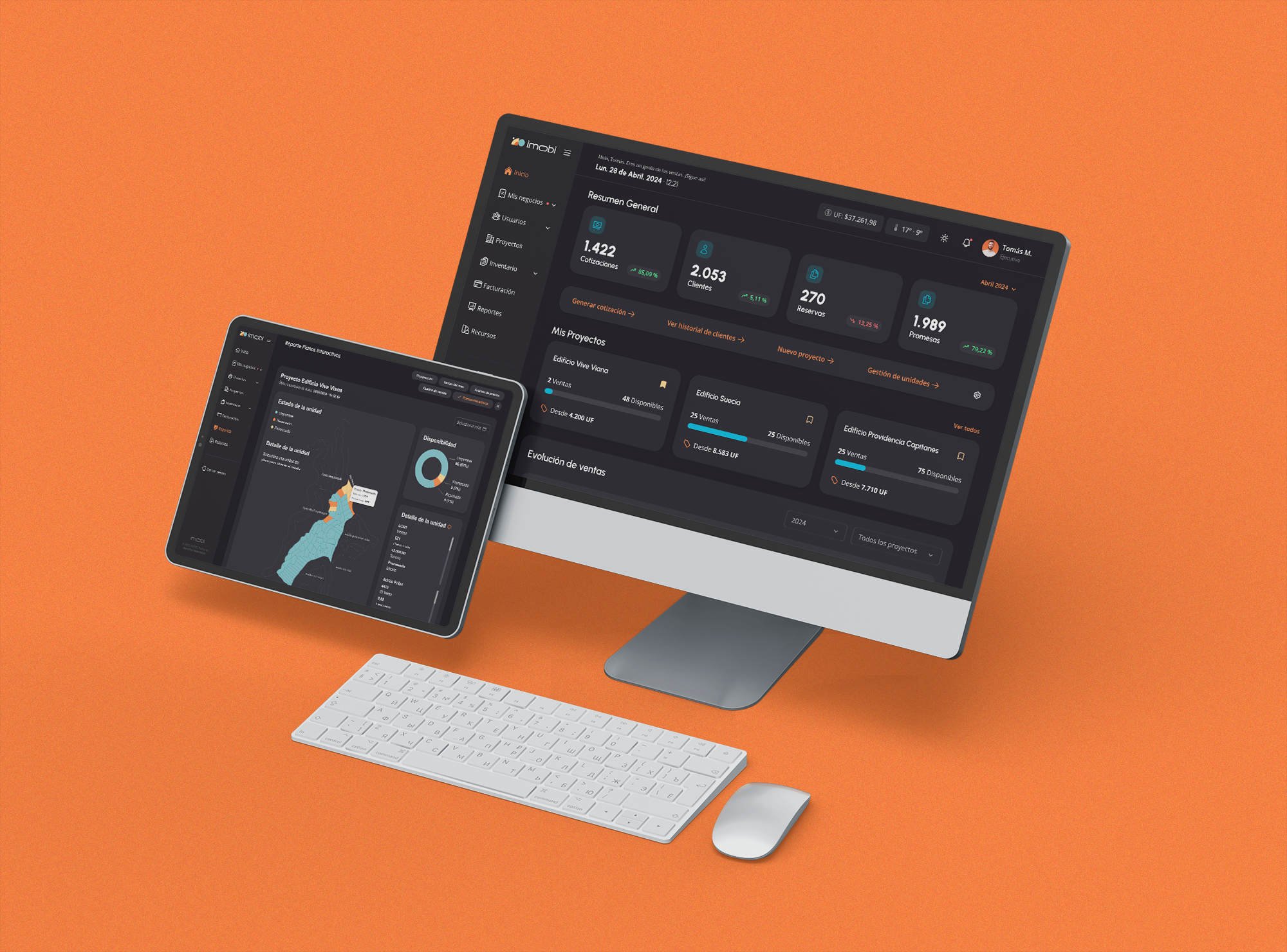Share this article
Introduction
He who has the data has the path to success secured. As Craig Mundie says, “Data is becoming the new raw material of business.” And it’s no wonder; having information at your fingertips to make the right decisions ensures that our steps are directed toward victory.
The ability to collect, manage, and use data effectively has proven to be a crucial factor in business success.
In this article, we will explore in detail the concept of data governance, its significance in organizations, and the advantages a company gains from implementing it. But the best part is at the end, where you will see the steps to carry out successful data governance.
What is Data Governance?
Data governance, or data governance, is a set of measures that encompasses everything related to data, ensuring that it is private, accurate, and secure, while also being available for various departments to extract valuable information and make precise decisions to achieve their objectives.
The established rules cover aspects such as how users should handle this data, the technologies to be used for managing them, and the procedures for processing them.
Data management with this strategy is extensive, as it involves deciding how data is collected, stored, processed, and deleted, as well as determining which personnel have access to it and the security measures the system must have when accessing this data.
Importance of Data Governance
Data governance is important because it ensures the privacy, security, and confidentiality of an organization’s data, aiming to make its use contribute to the effectiveness and efficiency in making the best business decisions.

The rules establish how users should handle the data, the technologies to manage it, and the procedures for its processing.
Advantages of Having Data Governance in Your Business
Having a data governance system in your company will:
- Provide better access to data for employees: With a well-established governance, more employees can access data that will help improve their tasks, with the appropriate control and the assurance that the data they need is protected.
- Improve cost control: Often, duplicate or outdated data is found. With this system, such data can be eliminated, reducing the need to invest in systems to maintain them, helping the company optimize its operational costs.
- Make more informed decisions with the right information: As mentioned before, having accurate data allows for better decision-making and the creation of strategies based on this information to increase profits in the company.
- Regulatory compliance: Data governance ensures that the company complies with privacy and data protection laws and regulations, avoiding future fines for non-compliance.
- Increase trust and transparency: Efficient data governance helps your customers trust the security of their sensitive information, making your business more reliable.
- Better risk management: By understanding the data in each business, companies can anticipate when they notice that some numbers are not heading in the right direction. This leads to the creation of strategies to minimize risks before they become a reality, contributing to the organization’s success.
How Cloud Computing Relates to Data Governance ?
Cloud computing and data governance are closely related. Using the power of the cloud to manage a company’s data comes with a plethora of advantages in terms of access, security, and scalability – crucial aspects for efficient data management.
- 24/7 Access and Availability: The cloud enables users to have quick access, and, most importantly, controlled and centralized access rules can be established for each type of profile.
- Team Collaboration: Teams can share relevant information across different areas with control over the information that is shared and how it is shared, establishing access regulation policies.
- Security and Compliance: Cloud services establish advanced security measures, such as encryption, authentication, and access controls. These measures ensure compliance with data governance policies and information privacy.
- Data Storage: Cloud computing offers a scalable and cost-effective environment for businesses to store large amounts of data. This storage includes the advantages of ensuring data availability, integrity, and security.
- Data Analysis: The cloud is also a conducive environment for analysis, making it easier to extract valuable information from data sets.
5 Steps to Create a Successful Data Governance
- Assessment and Review: Before embarking on any data governance project, it is essential to review processes and how data is managed within the company to identify areas for improvement and potential risks.
- Define Objectives and Benefits: Clearly define the objectives and benefits that establishing data governance will bring to the company. Have a genuine conversation about whether it is necessary to create this governance, make these investments, and verify whether the benefits outweigh operational costs. Benefits may include making better decisions, achieving operational efficiency, improving data quality, and compliance with regulations.
- Establish a Committee of Stakeholders: Define roles and responsibilities by creating a data governance committee, including a Chief Data Officer, and involving key stakeholders interested in the project.
- Define Policies and Data Processes: Define policies to clarify how data is acquired, aggregated, managed, shared, and secured. Establish processes that outline how data will be managed, entered, updated, and eventually deleted.
- Monitor and Measure Results: Every project should establish metrics and KPIs to assess the success of data governance implementation. Regular monitoring is necessary to ensure that objectives are being met, and progress reports should be provided to top management.
Conclusion
Implementing data governance is no longer just an option but a pressing necessity in the business world, where sales are increasingly driven by collected data.
Today, privacy is not an option to be taken lightly, but a legal requirement. There are clear laws and policies in place that mandate securing data and maintaining reliable practices to safeguard user information. Organizations must adopt a disciplined and trustworthy approach to data management.
At Moveapps, we have extensive experience with cloud computing and data management. If you need collaboration, let’s talk.
References:
https://cloud.google.com/learn/what-is-data-governance?hl=es














